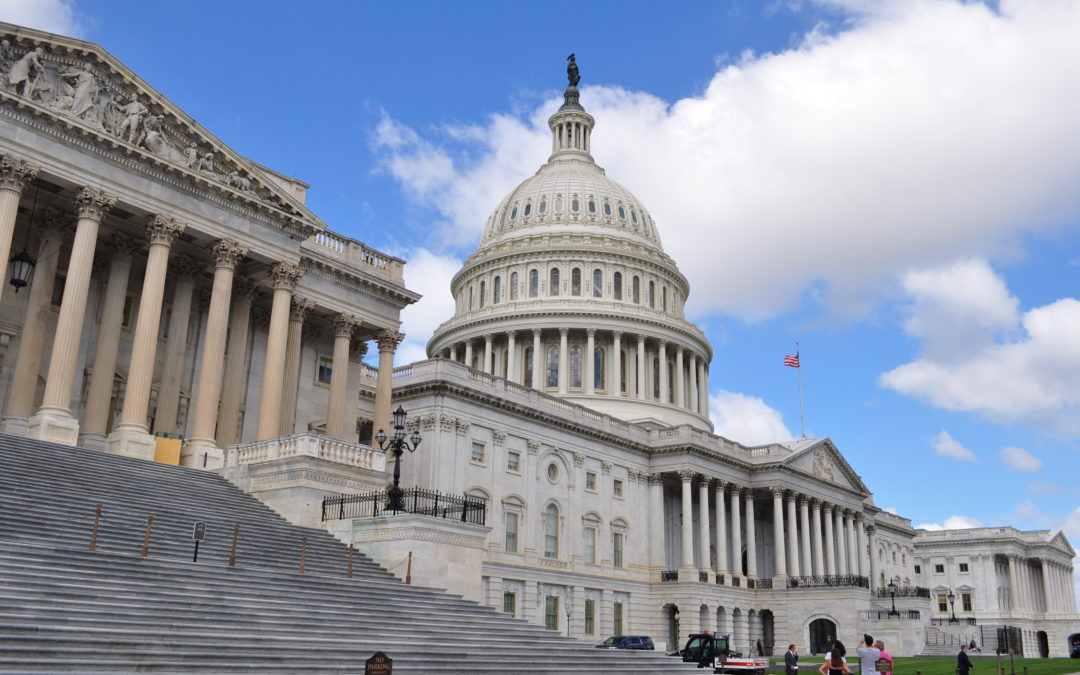
by Dawn Bauman, CAE | Jul 15, 2022 | Advocacy, CAI
Federal legislation was introduced earlier this week to provide condominium associations access to insured building rehabilitation loans—a move that would help board members make critical structural and safety-based condo repairs.

by Daniel Brannigan | Jun 24, 2022 | CAI, Community Associations, Government Affairs
Not a day has gone by at CAI that we haven’t been thinking about the Champlain Towers South collapse and how we can prevent another like it. We have an opportunity to turn tragedy into change for people who live, work, and volunteer in community associations.

by Kiara Candelaria | Jan 13, 2022 | Advocacy, Community Associations
New mandates in California that went into effect Jan. 1 bring several changes to community associations. Here’s a summary of how the bills affect association governance and operations.

by Dawn Bauman, CAE | Aug 12, 2021 | Advocacy, CAI, Government Affairs
CAI is dedicated to building its advocacy capacity at the state and federal level. We need dedicated advocates to engage with elected officials and provide financial support to lobbying efforts. Here are steps you can take today to support our grassroots advocacy efforts.





